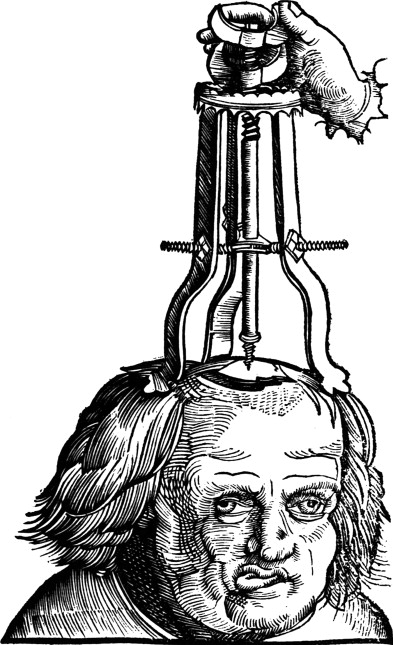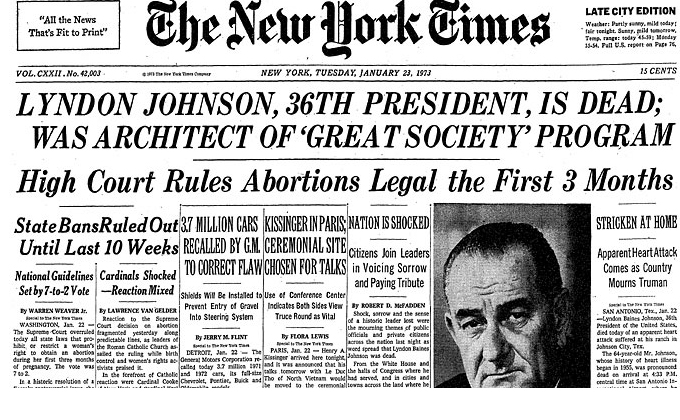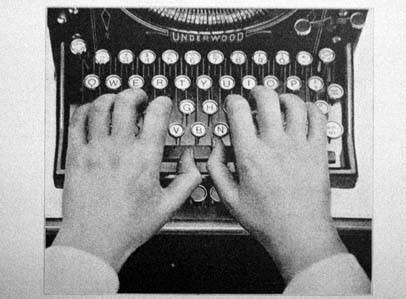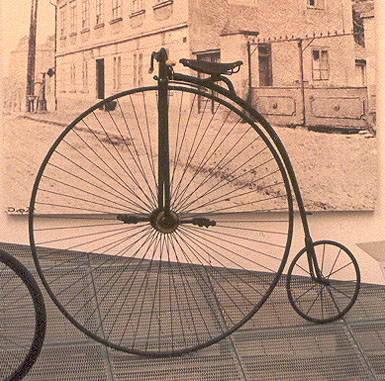
"The three men overtook McHugh, knocked him down, kicked him, beat him, and ended by slashing him across the face with a knife."
You couldn’t walk down the street in the 19th century without getting waylaid, as evidenced by the following trio of articles from the Brooklyn Daily Eagle.
•••••••••••
“An Italian Music Teacher Almost Murdered” (August 17, 1874): “On Wednesday evening last Mr. Antonio Lopez, a teacher of the guitar, was waylaid and feloniously assaulted by Edward Hanger, who is a printer employed on the New York Herald. The affair took place in Sands Street, near Hudson Avenue, and the weapon used was a loaded cane with which the assailant approached his intended victim stealthily from behind. Jealousy seems to have been at the bottom of the matter, and there is scarcely any doubt but that Hanger intended to kill the music teacher. Lopez had a lady hanging on each arm at the time of the assault, both of them being pupils, and as his assailant approached him, turned to see who it was and thus the blow intended for his skull was received with terrible force on the left temple. It staggered him, and he fell upon the sidewalk in a faint, and a stream of blood from the wound flowed freely. His companions were greatly alarmed and screamed loudly, and a man on the opposite side who had witnessed the assault, at once raised the cry of ‘police,’ which quickly brought to the place Officer Dougherty, of the Second Precinct, who had been patrolling the block above. In the interval the printer had run off in the direction of High Street and endeavored to escape, but this he was not able to do, as the stranger who had seen his actions kept close behind him and pointed him out to the officer, who arrested him just as he was entering the house No. 143 High Street.
Lopez was conveyed to the Station House in Jay Street and Dr. Hemiston summoned, who dressed the wound, and did not, at the time, think it a dangerous one.”
••••••••••
“Night Watchman McHugh Waylaid on John Street” (June 14, 1902): “James McHugh, the night watchman of the city dump at the foot of Gold Street, was beaten and robbed on John Street, near Gold, last night about 10 o’clock, while on his way to work. Three men, representative toughs, who infest that neighborhood, asked McHugh for the price of a drink. He gave them 15 cents, and in doing so thoughtlessly exhibited a small roll of $1 and $2 bills. The men grabbed for the roll, and McHugh started down John Street, running and crying, ‘Police!’ ‘Murder!’
Of course, no wide awake policeman was in two blocks of the place, and the three men overtook McHugh, knocked him down, kicked him, beat him, and ended by slashing him across the face with a knife. They took his roll of money, $8, and walked away. The police didn’t know anything about the robbery until a long while afterward.”
••••••••••

"Upon examination it was found that the man's skull was crushed."
“Waylaid and Robbed” (October 10, 1893): “Charles Goldberg, a Willets Point soldier, was waylaid and robbed on Bayside Road, a small thoroughfare leading to the fort, yesterday afternoon. He was found lying in the street in an unconscious condition and was taken to the Flushing Hospital, where upon examination it was found that the man’s skull was crushed. He died in great agony shortly after his arrival there. Goldberg was 20 years old. Coroner Corey was notified and he has ordered a rigid investigation. Goldberg’s body was found not far from where the Pole, Schneider, was found last week with his skull fractured. He subsequently died in the Flushing Hospital. The police of Flushing are scouring the county for the men’s assailants.”


















